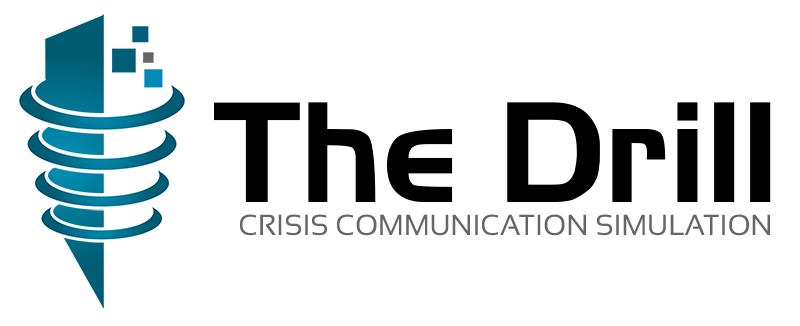Why you definitely don't need a crisis simulation exercise
As if we need any more costly reminders of why crisis management simulations are a total mandatory for organisations of every size, colour and shape, it regrettably seems we might still do!
Citizens, communities, corporations, emergency responders, government agencies, politicians and more have all been dragged into the frontline of crisis management furores by events such as Australia's bushfires, Australia's floods, business operating malfeasance, salacious sex scandals and, now, the global threat of the deadly coronavirus. Yet it's safe to say not all interests responded as appropriately and sagely as their peers would have hoped.
Despite the last few months presenting perhaps the most disaster-strewn catalogue of crisis management case studies on record, many entities are still getting caught 'on-the-hop' over issues and crisis preparations. The toll on brands, finances, PR and people is huge! And the roll-call of crisis management fails, grows!
Research carried by office-space provider Regus, highlighted that the costs of many crisis-related scenarios far outstrip the crisis-hit company's insurance provisions: In other words, if crises surprise you, they tend to cost you way more than they need to (which is why crisis training exercises are so valuable!)
Add on the loss of brand and stock equity, the doubled-up costs of communicating as normal while also rebuilding damaged brand and stakeholder relations and, often unmentioned, the wear and tear on the company's depleted human resources, and you get an unnecessarily high bill, which could have been minimised if you'd invested in real-life crisis rehearsals with a social media simulator or crisis training software like The Drill.
If companies forensically calculated the projections of uninsured losses as being in the $millions - as Regus call it "applying a total financial loss approach...", then mere thousands spent on prior crisis simulation exercises, would be accounted as a deductible investment!
For if fairly recent research saying 80% of businesses believe they are only 12 months from a potential crisis, yet only 50% have any crisis simulation exercises planned, you'll sure to have big issues.
So despite these debilitating impacts and imposts, we - and our fellow Australian crisis management consultants - regularly hear an array of excuses (some common, some creative) for why crisis rehearsals and crisis process improvements are not on the company agenda for 2020. Antipodean crisis colleague Tony Jaques insists there's a book detailing the over 30 varieties of reasons that most often serve to excuse companies from being 'crisis ready'!
Some shockers we've personally heard in recent times include:
The peak body who agrees its membership's crisis readiness is scarily inept - but that running a crisis prep or crisis 101 initiative will be 'a very hard to sell' to them...
The senior exec - alarmed by their new employer's approach to issues and risk management - knows that challenging it may impact their own career prospects
The Business Risk specialist who says their #crisiscomms plan was written "eight years ago" yet can't find the documentation anywhere on the servers...
Those Heads of Comms who are so resource-stretched that putting together a business case to secure funding for a crisis simulation would divert them from other business priorities and KPIs for the year ahead (crisis prep isn't a priority?)
Reasons why your company may not be doing much in the way of crisis management training are completely understandable; but they're really not excusable in this crisis-strewn age. And by that, we mean these reasons won't protect you when the crisis case escalates to police or regulatory investigations after the main event ends. Just ask a banker, aged care bureaucrats or a recently demoted politician playing favourites for favours.
As the eye-catching headline graphic for this article shows, we suspect a key reason why crisis management preparations are not universally professionally addressed, is because of two risk-taking beliefs:
1) It probably won't happen and 2) We'll just deal with it when it comes along.
Even if you're right on the former (crisis scenario planning might give you informed assurances that you're ready) if the latter hits you might just survive it, yet the cost to the business (and exec careers and repute) will be far more damaging than if you had prepared.
So, is your risk management strategy simply another form of risk taking? Or is gambling with uninsurable losses becoming your default crisis management strategy?
